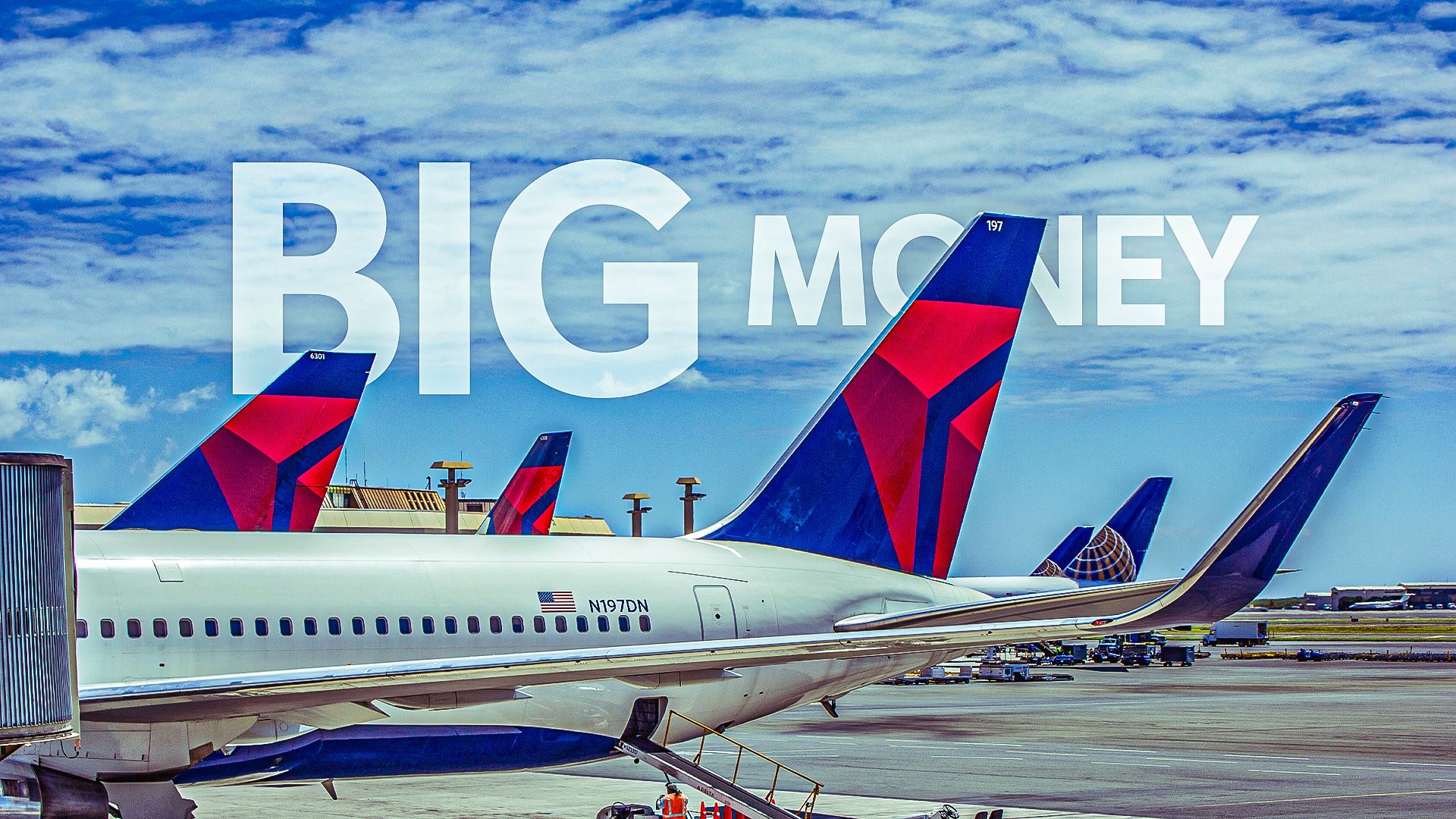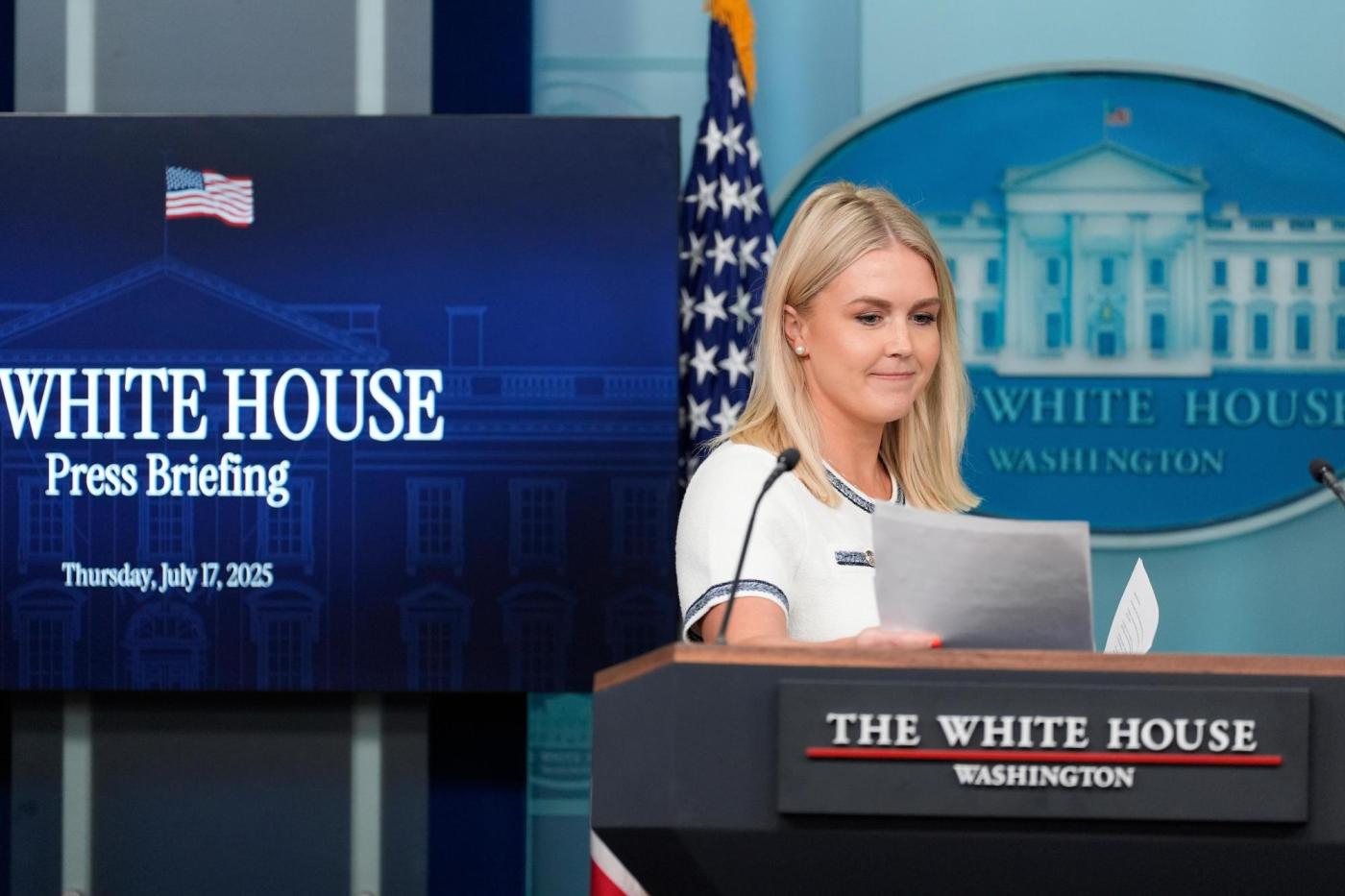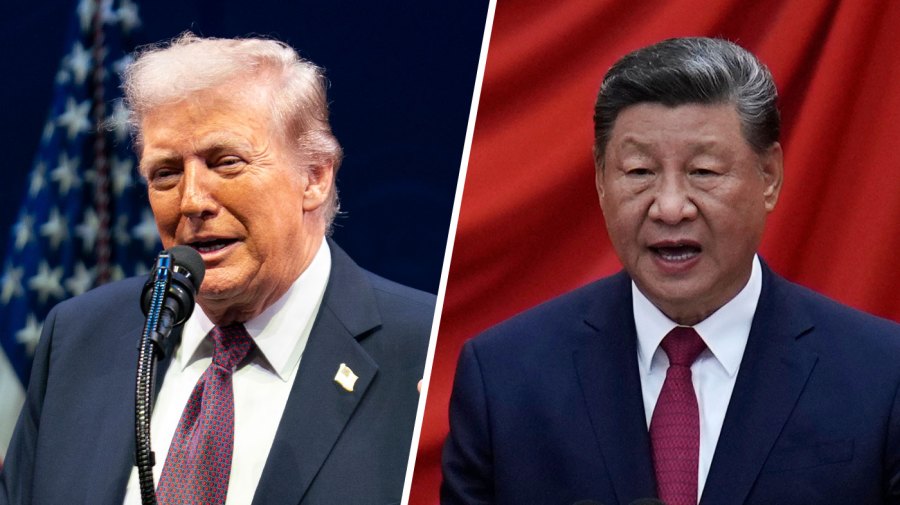The compensation packages for airline CEOs in the United States have seen remarkable increases in recent years, particularly following the lifting of restrictions imposed by the CARES Act. This act, implemented in March 2020 to provide financial relief during the COVID-19 pandemic, limited executive pay to safeguard taxpayer money. With these restrictions officially removed on April 1, 2023, airline executives have begun receiving significantly higher salaries, leading to questions about the fairness of such compensation in an industry characterized by tight profit margins.
The most notable example is Scott Kirby, CEO of United Airlines, whose total compensation ballooned from $9.8 million in 2022 to an astonishing $33.9 million in 2024. This surge reflects not just base salary adjustments but also substantial stock awards and non-equity incentives, which are common components of executive compensation packages in the airline sector.
Compensation Trends Among Major Airlines
In 2024, the compensation breakdown for the CEOs of the four largest U.S. airlines illustrates the disparity in pay. While base salaries and bonuses appear relatively modest, the addition of stock awards significantly boosts total earnings:
– **United Airlines (UA)**: Scott Kirby – $33.9 million
– **Delta Air Lines (DL)**: Ed Bastian – $27.1 million
– **American Airlines (AA)**: Robert Isom – $15.6 million
– **Southwest Airlines (WN)**: Bob Jordan – $10.6 million
For instance, Bastian’s compensation includes a base salary of $1.5 million and stock awards amounting to $11 million. The differences in compensation are often linked to each airline’s performance, stock growth, and operational efficiency. United Airlines, for example, reported stronger stock growth compared to its competitors, which directly influenced Kirby’s equity compensation.
Context of the CARES Act and Its Aftermath
The CARES Act was implemented as a temporary measure to support businesses during the pandemic, capping executive pay at $3 million, plus a percentage of previous earnings. This cap aimed to ensure that taxpayer-funded financial aid was utilized effectively to protect jobs. As the industry recovered, the compensation for airline CEOs rebounded sharply, raising concerns about the appropriateness of such high salaries given the financial support received during the pandemic.
In 2023, Robert Isom of American Airlines experienced a significant pay adjustment due to previous performance and shareholder concerns. His compensation dropped from $31.4 million in 2022 to $15.6 million in 2024. The reduction reflects a shift in strategy, as the board sought to align his pay with the airline’s financial performance.
Critics argue that the post-CARES Act compensation increases represent a troubling trend, especially as the industry benefitted from taxpayer-funded bailouts. The pay ratios between airline CEOs and average employees remain significant, although they are less pronounced than in other sectors. For instance, Kirby’s pay is approximately 380-to-1 compared to the average United employee’s earnings.
Public sentiment regarding these compensation packages is mixed. Some customers express frustration over the high pay of airline executives while facing cramped seating and reduced service quality. Discussions among passengers highlight the disconnect between executive compensation and customer experience, especially given that many employees, such as flight attendants, earn significantly less.
As the airline industry continues to evolve in a post-pandemic world, the implications of these compensation trends will likely remain a focal point of discussion. While proponents argue that competitive pay is necessary to attract top talent in a challenging industry, critics contend that the widening gap between executive salaries and average worker pay raises ethical questions about corporate governance and accountability.
In conclusion, the significant increases in airline CEO compensation following the end of the CARES Act reflect broader trends in executive pay across the corporate landscape. As stakeholders assess the implications of these changes, the balance between rewarding leadership and ensuring fair compensation for all employees will be crucial in shaping the future of the airline industry.







